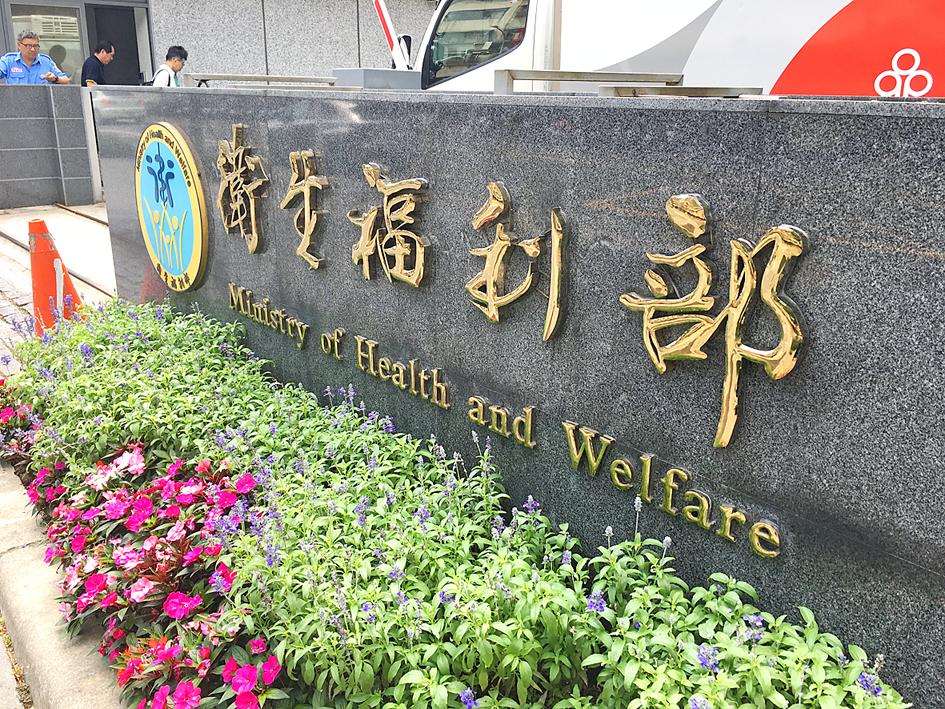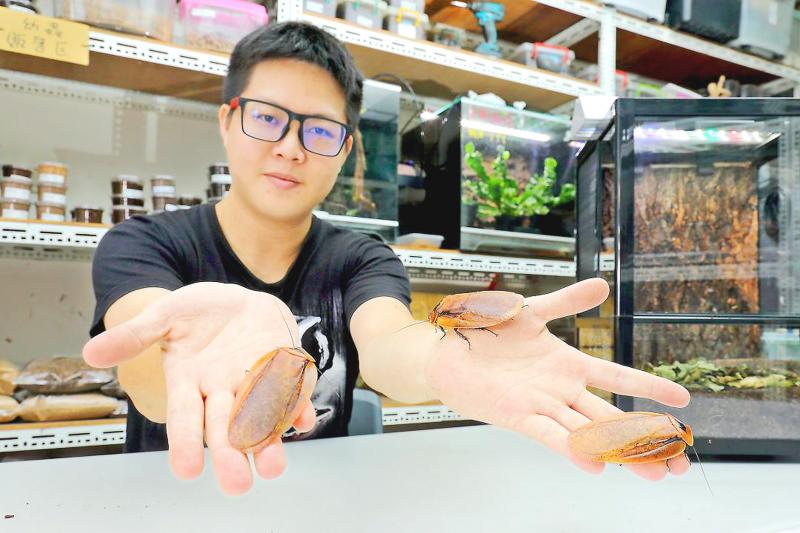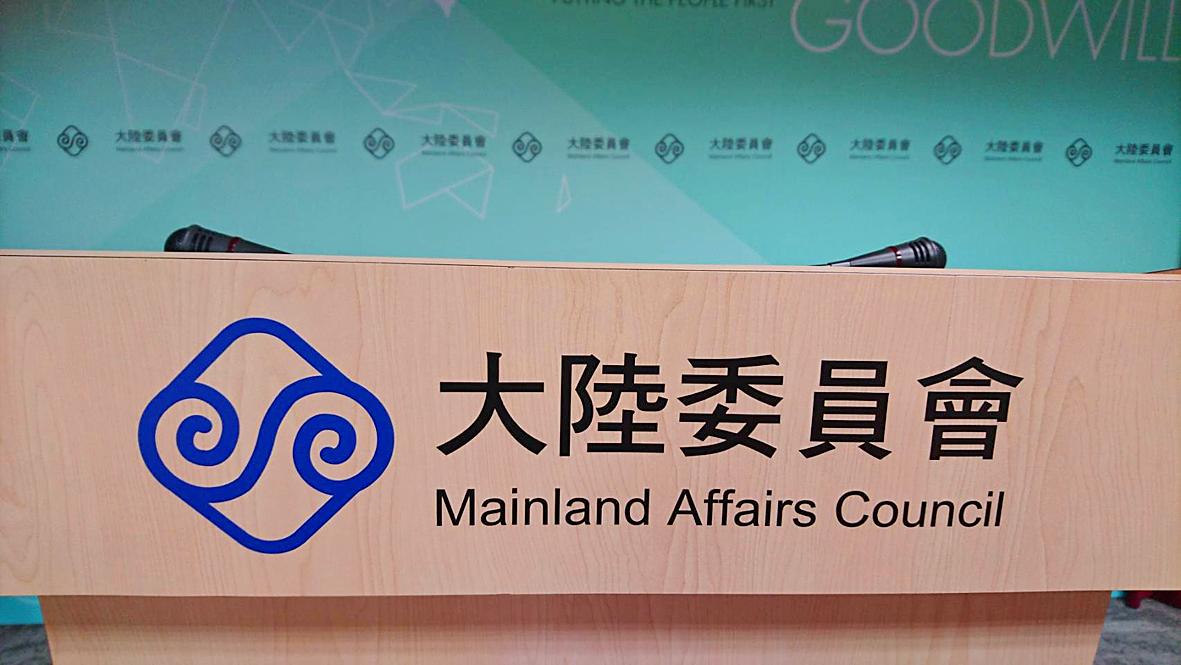
More Taiwanese living in poor health
The number of years that Taiwanese spend in poor health is increasing slowly, but steadily, rising by 0.46 years, or five-and-a-half months, between 2012 and 2018, Department of Statistics Lee Chiu-yen (李秋嬿) said. It also highlights the dual problem of people generally having an “irresponsible” attitude toward their health and the authorities not allocating enough funds under the National Health Insurance (NHI) system for education about maintaining good health, Chiou said. The NHI system emphasizes treatment and is neglecting public health at large, he said. Some people do not take their medicine on time and develop a protracted period of poor health, while others started an unhealthy lifestyle early on, he added. Chen Ying-jen (陳英仁), a geriatric specialist at Linkou Chang Gung Memorial Hospital, said the nation’s universal healthcare and quality caregivers means that people are living longer in poor health.
Source: Taipei Times June 28, 2020 15:56 UTC



